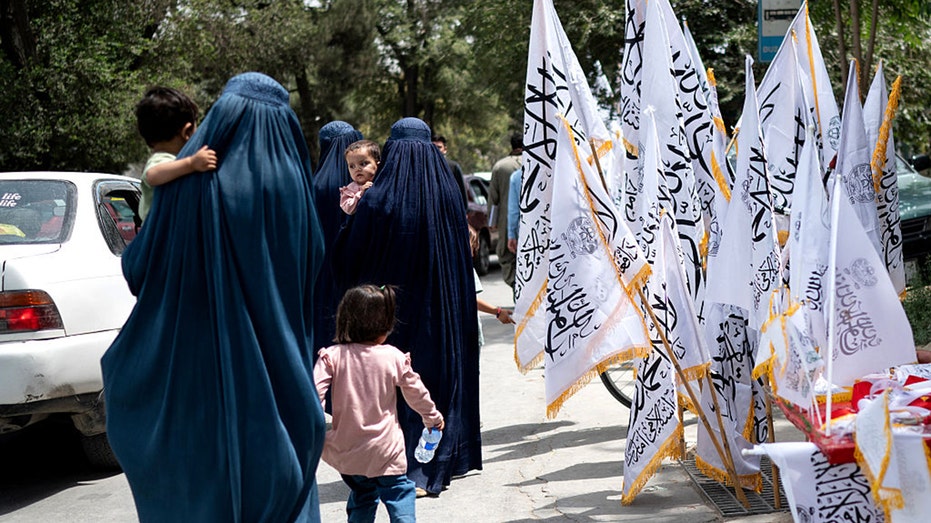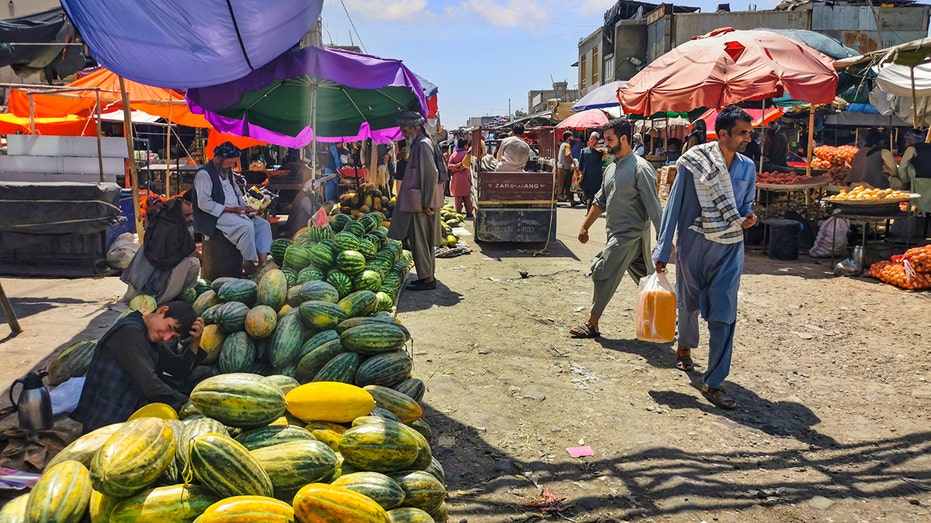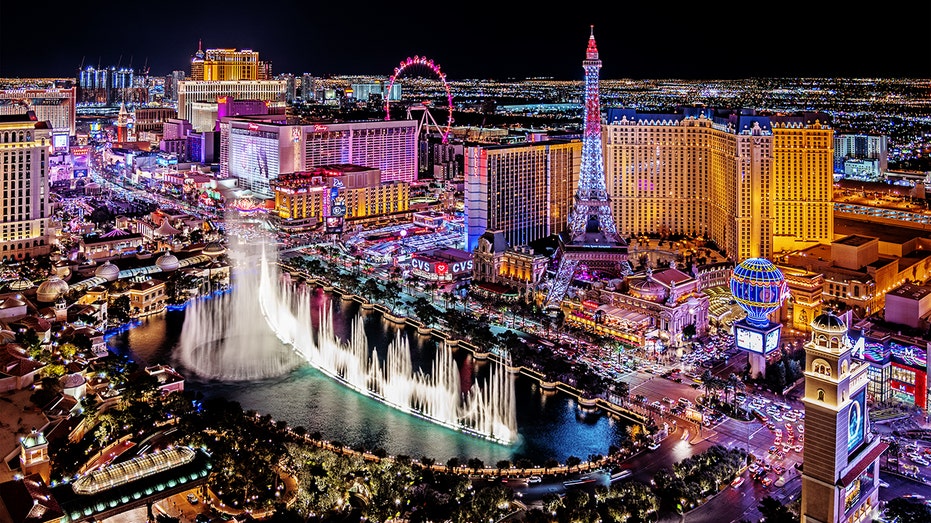The Taliban's Tourism Push: A Deeper Look at Image Management vs. Reality

Sarah Johnson
August 15, 2025
Brief
Analysis of the Taliban's tourism campaign in Afghanistan, exploring its implications for human rights, particularly for women, and its strategic image management efforts. Expert perspectives included.
The Taliban's Tourism Push: Image Management vs. Reality for Afghan Women
Opening Analysis: The Taliban's recent efforts to promote tourism in Afghanistan, particularly by attracting female influencers, present a complex and morally fraught situation. While showcasing the country's scenic beauty and (carefully curated) hospitality, this initiative clashes starkly with the severe restrictions imposed on Afghan women and the ongoing human rights crisis. This analysis delves into the underlying motives, potential implications, and the ethical considerations surrounding this controversial tourism drive.
The Bigger Picture: The Taliban's resurgence and subsequent control of Afghanistan in August 2021 marked a dramatic turning point in the nation's history. Following the withdrawal of international forces, the Taliban swiftly reimposed their strict interpretation of Islamic law, which drastically curtailed women's rights. This is not the first time the Taliban has sought international legitimacy. During their previous rule from 1996-2001, they similarly attempted to present a facade of stability while simultaneously enacting brutal policies that violated international human rights standards. Historical context is crucial for understanding the present situation. Afghanistan has a long and complicated history with tourism. Before decades of conflict, it was a stop on the "Hippie Trail", with travelers attracted to its stunning scenery and unique culture. The Taliban is leveraging that previous interest, while ignoring the current realities of life for Afghans.
What This Really Means: The Taliban's tourism campaign represents a calculated effort to improve its international image and gain much needed foreign revenue. By selectively showcasing positive aspects of the country and engaging with foreign influencers, the regime attempts to normalize relations and downplay the widespread human rights abuses. The focus on female influencers is particularly cynical, given the systematic oppression faced by Afghan women within the country. The international community needs to recognize this initiative for what it is: a sophisticated public relations strategy designed to distract from the dire realities on the ground. The potential revenue for the Taliban is significant if they are successful. This revenue could be used to further entrench their control and suppress dissent. Furthermore, the willingness of some tourists to overlook the regime's human rights record normalizes the Taliban's rule and undermines efforts to hold them accountable. It also creates a skewed picture of the reality for Afghan women. Tourists may experience a curated, hospitable environment, but that experience does not reflect the daily struggles of Afghan women who are stripped of their rights and freedoms.
Expert Perspectives: Manizha Bakhtari, Afghanistan's ambassador to Austria, aptly describes the tourism promotion as an "image management" strategy. Her insight highlights the regime's manipulation of foreign perceptions. Kelley Currie, former U.S. ambassador to the U.N. Economic and Social Council, emphasizes the dangers for Americans traveling to Afghanistan. Furthermore, human rights organizations such as Amnesty International and Human Rights Watch have consistently documented the Taliban's widespread human rights violations, including restrictions on women's rights, freedom of expression, and due process. These organizations provide valuable on the ground perspectives that directly contradict the rosy picture of Afghanistan the Taliban is attempting to portray.
Data & Evidence: The United Nations Assistance Mission in Afghanistan (UNAMA) reports consistently show a deteriorating human rights situation, particularly for women and girls. The UNAMA May 2024 report highlights the denial of workforce opportunities and the restrictions on accessing services without a male relative. The U.S. State Department's 2024 Country Reports on Human Rights Practices document further confirms that there has been "further restricted access to education, employment, and freedom of movement for women and girls." These reports directly contradict any claims of improved conditions and underscore the severe limitations on women's freedoms under the Taliban rule. The nearly 9,000 foreign visitors that visited Afghanistan last year is a notable statistic. This indicates that the campaign has been somewhat effective at attracting tourism, despite the warnings from various governments.
Looking Ahead: The long-term implications of the Taliban's tourism drive are significant. If successful, it could normalize the regime and provide it with valuable resources. However, it also risks undermining international efforts to hold the Taliban accountable for its human rights record. The international community should focus on a multi-pronged approach. This includes maintaining targeted sanctions, providing support to Afghan civil society, and amplifying the voices of Afghan women who are resisting oppression. There must also be a coordinated effort to counter the Taliban's propaganda and highlight the true realities of life in Afghanistan, especially for women. Potential travelers should be fully informed of the risks, both in terms of personal safety and the ethical implications of supporting the regime.
The Bottom Line: The Taliban's attempt to boost tourism is primarily a public relations maneuver intended to improve its global image and raise tourist revenue. The efforts stand in stark contrast with the systematic oppression of Afghan women and the broader human rights crisis within the country. It presents tourists with a highly curated and unrealistic image. While Afghanistan's beauty is undeniable, it's crucial that tourists and the international community not allow this facade to mask the injustices faced by the Afghan people.
Topics
Editor's Comments
The allure of the 'exotic' often trumps ethical considerations in travel decisions, and the Taliban is counting on this. It is vital to remember the stark contrast between the curated experiences offered to tourists and the lived realities under the Taliban regime. Responsible travel requires careful consideration of the ethical implications and a commitment to not inadvertently supporting oppressive regimes. The focus should be on promoting human rights and amplifying the voices of those living under oppression, rather than seeking personal thrills or contributing to the regime's propaganda efforts. What responsibility do social media platforms have in curating content that might be unintentionally promoting an oppressive regime? It is a complicated question.
Like this article? Share it with your friends!
If you find this article interesting, feel free to share it with your friends!
Thank you for your support! Sharing is the greatest encouragement for us.






